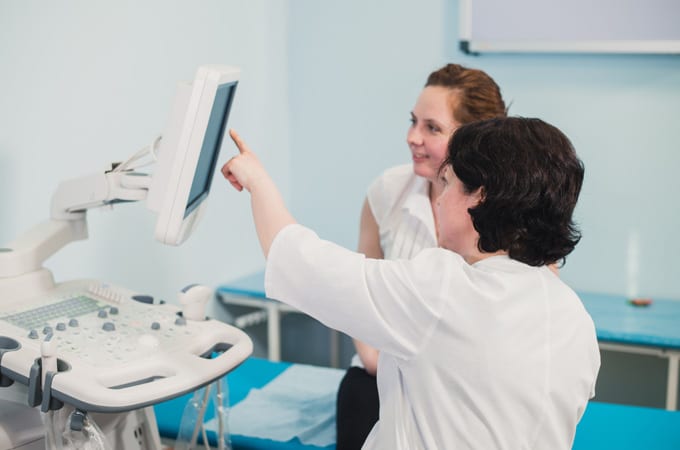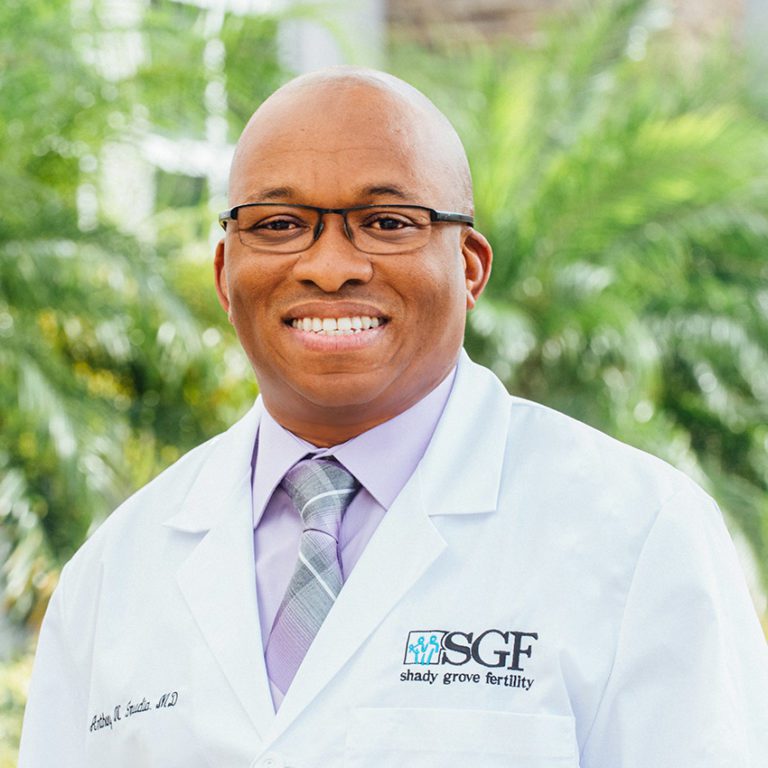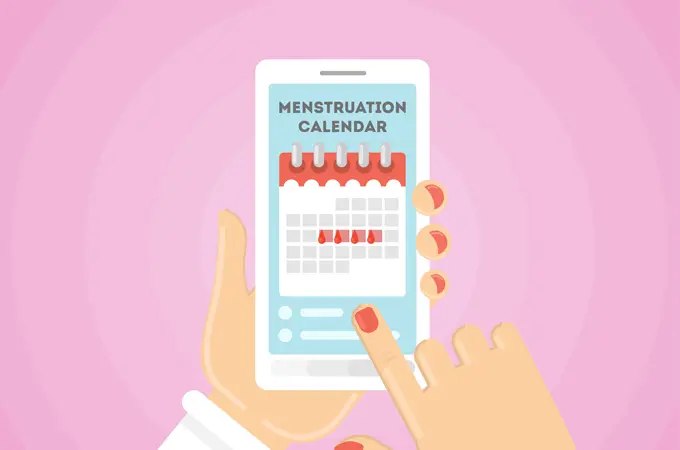In order to assess a woman’s reproductive function, patients at SGF complete what is known as day 3 testing. Day 3 testing consists of bloodwork and an ultrasound that are completed on the third day of a menstrual cycle. We spoke with Dr. Anthony Imudia to answer all your day 3 testing questions.
What does day 3 testing measure?
The blood drawn is used to measure various hormone levels that help determine if you are ovulating as well as your ovarian reserve (or egg supply). Day 3 hormone testing measures:
- E2 (estrogen): E2 is the main female reproductive hormone that is secreted from the ovary and stimulates follicle growth as well as prepares the uterine lining for implantation.
- FSH (follicle-stimulating hormone): FSH is released from the brain and stimulates the ovary to mature an egg.
- LH (luteinizing hormone): LH is integral in the final maturation and release of a mature follicle.
- AMH (anti-Müllerian hormone): AMH indicates the size of ovarian reserve. AMH is secreted by the small antral follicles found in the ovaries at the start of the menstrual cycle.
- Other: Additional hormone tests may be performed to assess general health and cycle regularity.
At the same visit we will perform a baseline transvaginal ultrasound to measure the ovaries, uterus, and ovarian activity through an antral follicle count (AFC).
When are the results of day 3 testing available?
Day 3 test results often are available the same day.
What does the day 3 testing show?
Day 3 testing provides your physician with valuable information about the current status of your reproductive potential. The hormone levels show how easily your brain and ovaries work to mature an egg each month and provide insight into the egg quality. The ultrasound images help to assess the anatomy of the uterus and ovaries; while the antral follicle count helps assess ovarian activity.
This information, along with your age and medical history, will help to determine the need for any additional testing and help your care team to formulate a treatment plan. Your fertility treatment plan is tailored to your medical situation with the goal of balancing high success rates with ease and affordability.
How do I know when it’s day 3?
Day 3 is considered the third day of your menstrual cycle (which is the third day of menstrual bleeding).
Check in with your SGF Care team about how to identify your cycle day 1.
How do I schedule day 3 testing?
On day 1 of your cycle, please contact your local office to schedule an appointment for day 3 testing. If your day 3 falls on a weekend or holiday, you may need to visit a different location to complete the testing.
Does my insurance cover day 3 testing?
Many health insurance groups cover day 3 testing as routine diagnostic workups. Please check with your individual health insurance provider.
Will I need this test every day 3?
No. Typically, day 3 testing is completed annually, usually at the start of a workup or treatment cycle.
What happens if my day 3 testing isn’t normal?
Normal will vary. While most day 3 testing is a good reassurance of reproductive potential, there are times when the values are not within the expected range. Depending on the findings, your physician may wish to repeat testing in a subsequent month, complete more sophisticated testing of ovarian function, or make treatment recommendations based on those results.
Medical contribution by Anthony N. Imudia, M.D.
Anthony Imudia, M.D., is board certified in obstetrics and gynecology and reproductive endocrinology and infertility. He is currently the Division Director and Fellowship Director, Division of Reproductive Endocrinology and Infertility, USF Morsani College of Medicine. Dr. Imudia sees patients at SGF’s Wesley Chapel and Tampa – Westshore, Florida offices.
Editor’s Note: This post was originally published in May 2016 and has been updated for accuracy and comprehensiveness as of March 2023.
To learn more about day 3 testing or to schedule a new patient consult please call our New Patient Center at 1-877-971-7755 or fill out this brief form.




